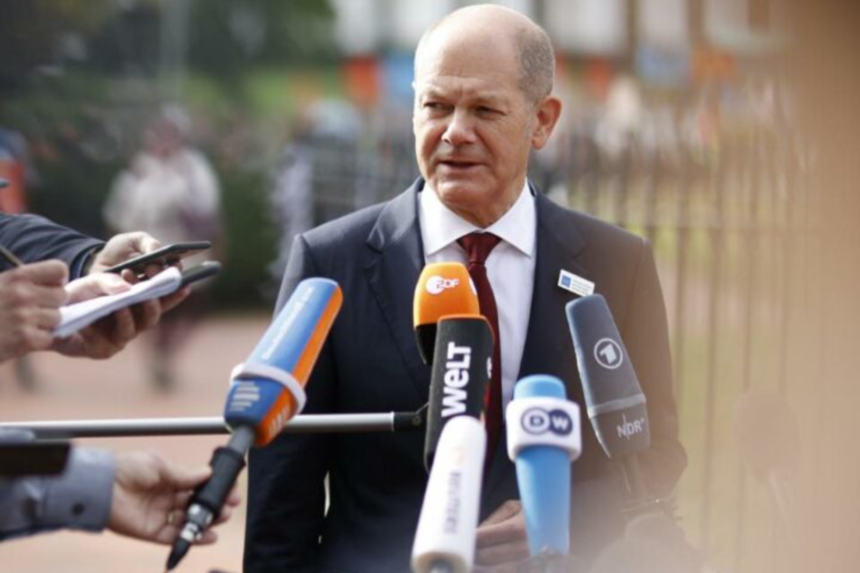Political parties in Germany have been at odds on many issues since Chancellor Olaf Scholz’s coalition broke apart in November. However, some laws may still be passed before the snap elections in February, according to Reuters’ analysis.
The departure of the Free Democratic Party (FDP) from the coalition deprived Scholz’s government of a parliamentary majority, leaving many planned laws in limbo. However, the FDP signaled support on Friday for passing some of the laws that had already made significant progress through the legislative process, in which the party had been deeply involved.
Scholz is set to have a vote of confidence today and has urged lawmakers to collaborate before the expected February 23 elections to pass the remaining measures on the agenda.
What Laws Could Be Passed This Week?
The parties in the former coalition – SPD, the Greens, and the FDP – reached an agreement on Friday to offer tax relief and higher child benefits. According to the draft bill, the agreement will result in more than €11 billion in tax relief for 2025 and 2026. Child benefits will increase by five euros to €255 per month.
Another surviving plan is the “Deutschlandticket,” which offers unlimited travel on local and regional transport for a fixed monthly fee of €58 for next year. Although popular with voters, the €1.5 billion cost needs to be approved for next year. Conservative leader Friedrich Merz said he would pave the way for this.
Measures to strengthen Germany’s Federal Constitutional Court are also likely to be approved with the support of the three former coalition partners and conservatives. The court could be vulnerable if populist right-wing and left-wing parties win a third of the seats in parliament after the elections, allowing them to block new judicial appointments indefinitely, leading to delays in rulings.
Which Laws Will Be Left Behind?
A law aimed at encouraging the construction of hydrogen-ready power plants was sent to regional governments for consultation when the coalition collapsed. Although additional capacity is urgently needed to supplement wind and solar energy, ministers do not believe there is enough time to pass it through parliament.
There is also no time to pass the 2025 budget, said Germany’s new Finance Minister, Joerg Kukies, after the coalition’s collapse. However, the draft budget prepared by the former coalition before the summer will serve as the basis for a temporary budget for 2025 to address matters until the new government passes a final budget.
While the cabinet decided to extend the rent freeze until 2029, Merz announced his party would not support this in parliament, as the current freeze is valid until the end of 2025.
Scholz’s proposal to reduce the VAT rate on food from 7% to 5% is also considered unlikely to succeed, with conservatives and the FDP criticizing the plan as an election campaign maneuver.
Germany’s cabinet approved a pension reform in September, but Scholz’s plans for a minimum guaranteed pension of 48% of the average wage are unlikely to receive the necessary support to pass in parliament. There is also no opposition support for Scholz’s plans to limit electricity transmission costs to 3 cents per kilowatt-hour and partially fund the costs of electricity transmission networks.







